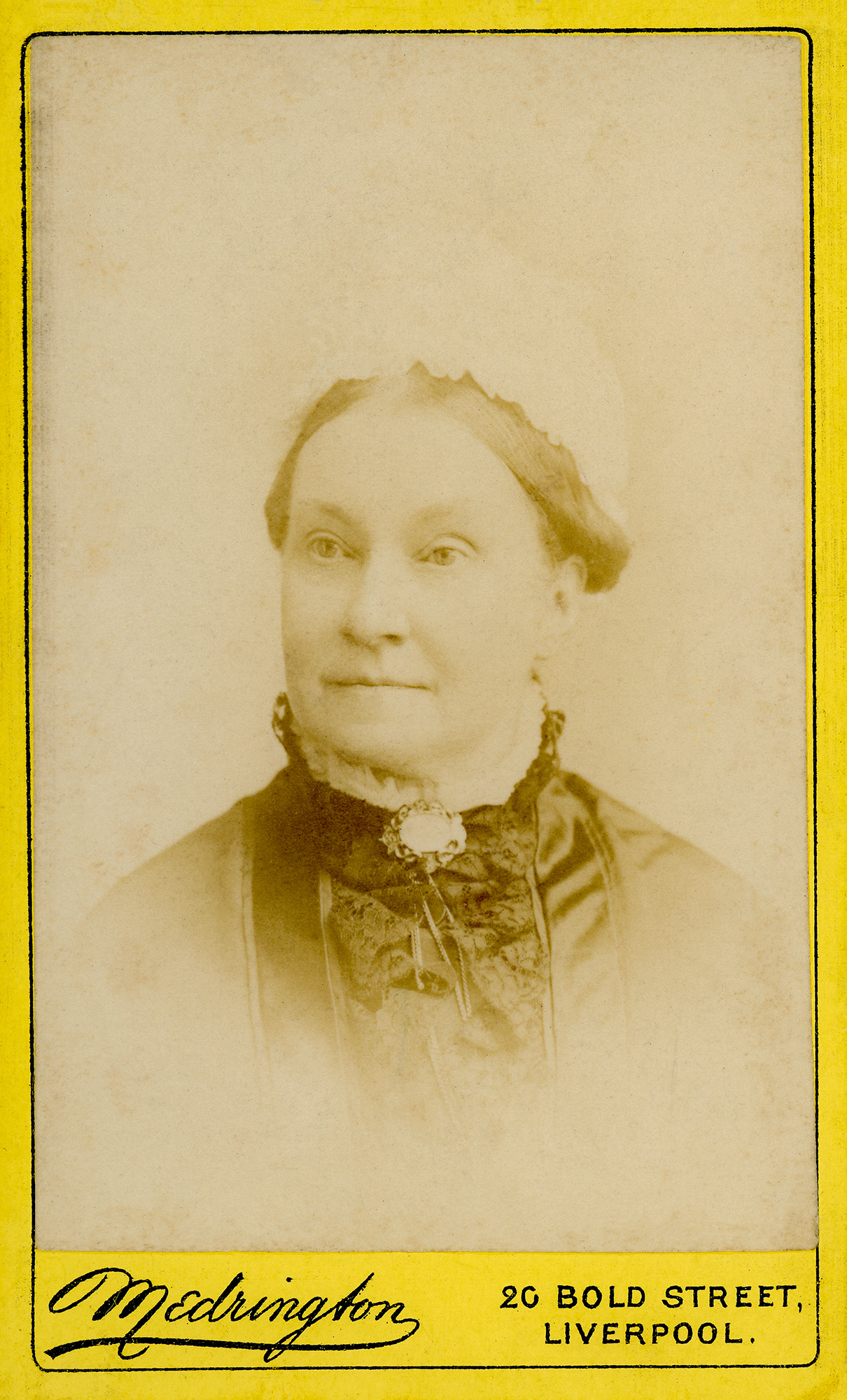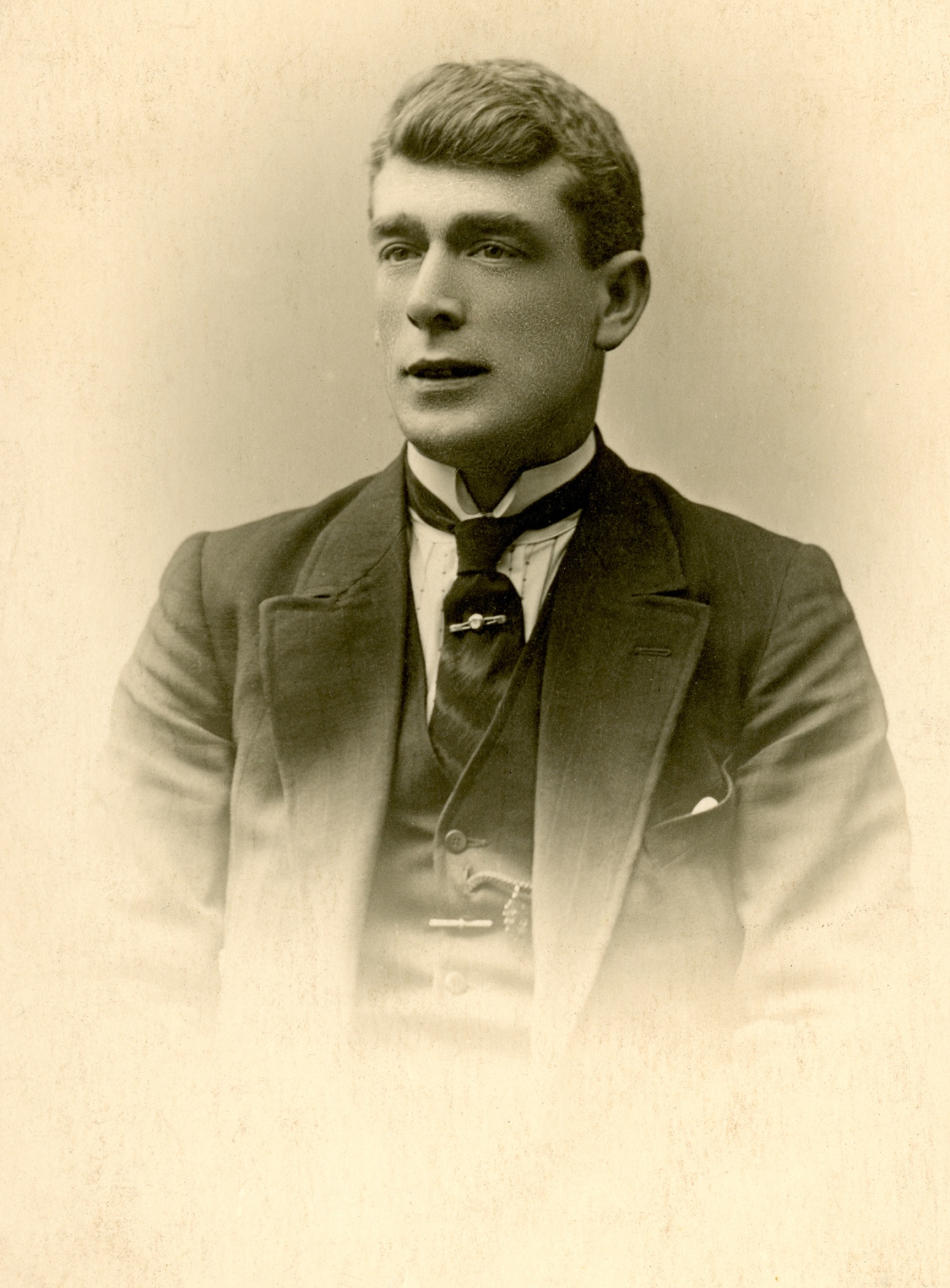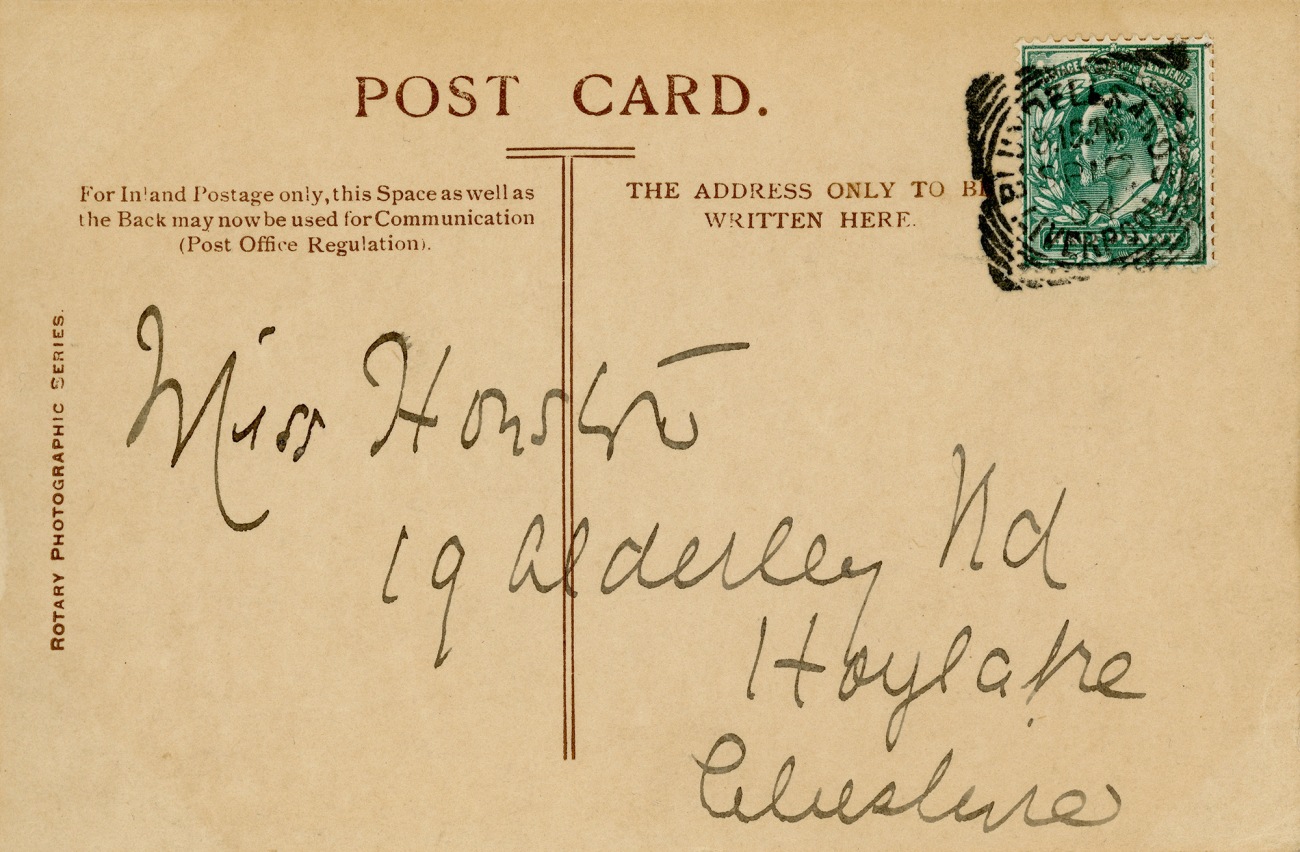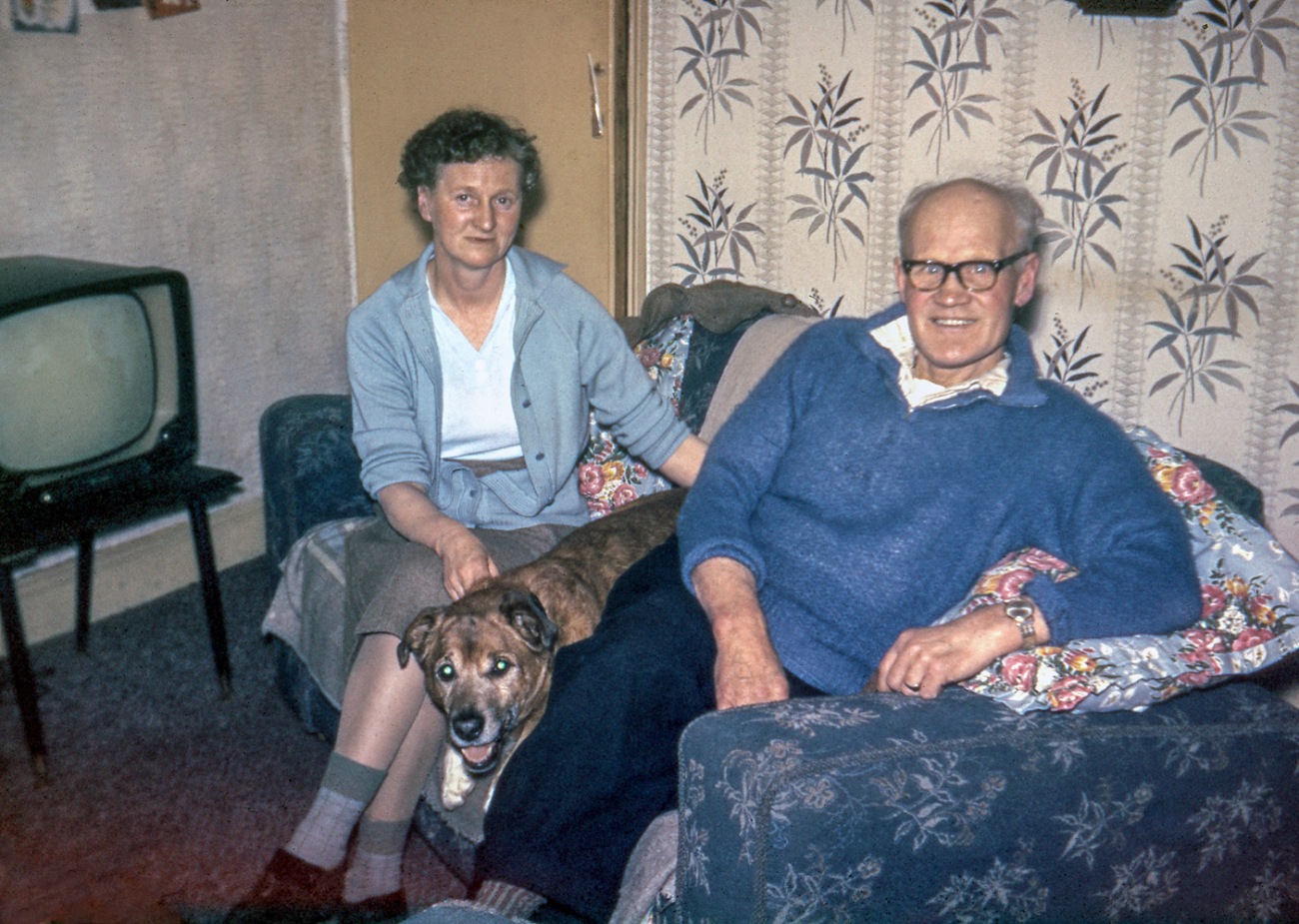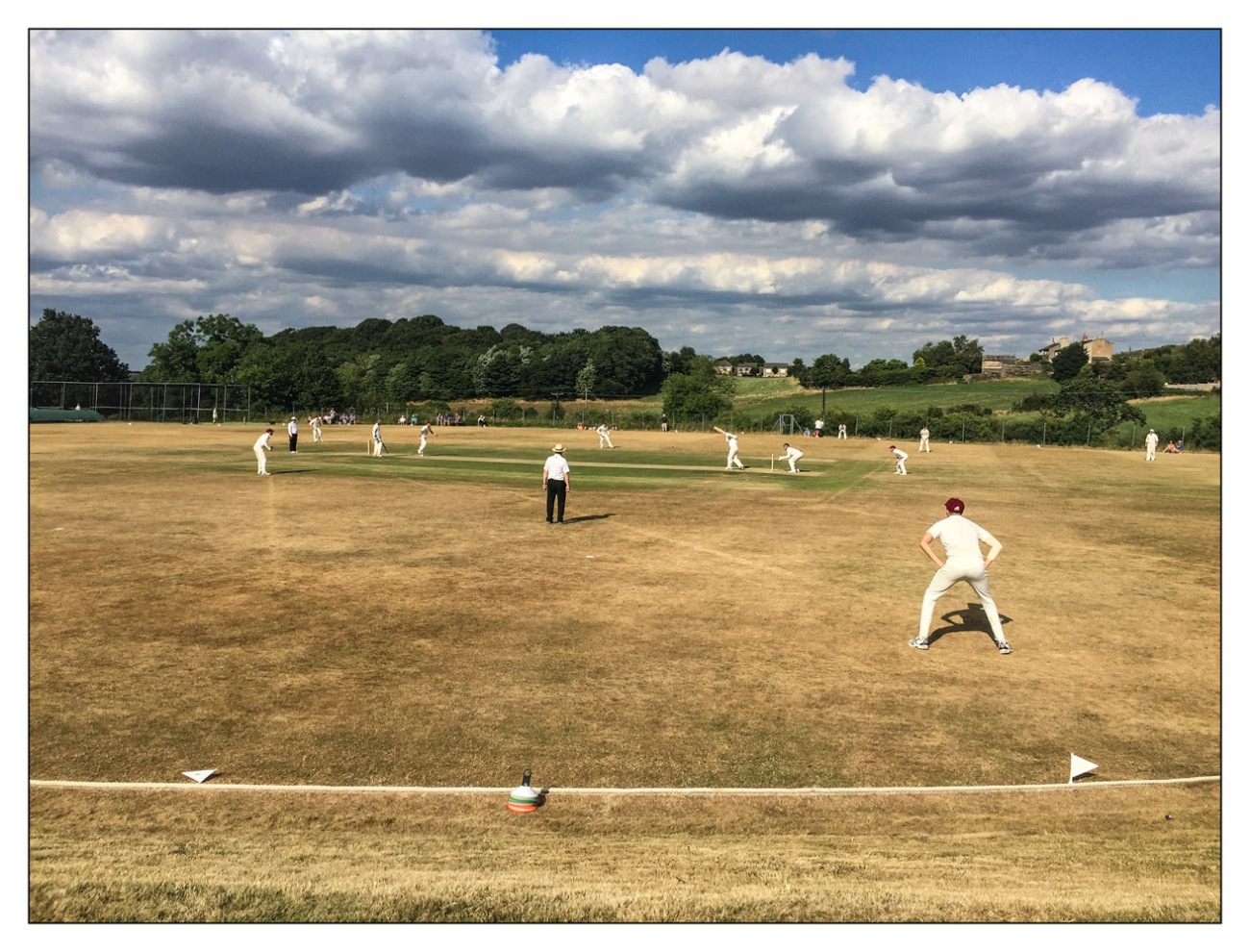Whenever I walk passed a pub – or better still sit down with a pint in a pub – I can’t stop thinking about the tales the building has to tell. What love or what loss, what joy or what sadness took place in such buildings? When I walked by the Bull and Dog in Stainland the other day, contemplating these strands of social history over a pint was not an option, as the pub is now closed. I could not, however, stop myself from going in search of a story when I got home.
The story comes from the pages of the Halifax Courier of Saturday 14th July 1855. It is not a tale of high drama, but a story of a domestic dispute which serves to illustrate two things. First of all, we tend to take our ability to turn on a tap and get an endless supply of fresh drinking water for granted these days. Secondly, people were just as strange, just as petty, just as stubborn and just as daft, a hundred and sixty years ago as they are now. This is the story of the Great Stainland Water Fight.
DISPUTED WATER RIGHT
George Beaumont, parochial constable for Stainland, was summoned by Hannah Gledhill, landlady of the Bull and Dog Inn, Stainland, for assaulting her on the 27th ult. Mr. Mitchell appeared for the complainant, and Mr. J. B. Holroyde for the defendant. The case was postponed from the previous Saturday to produce certain witnesses.
Mr. Mitchell, in opening the case, observed that the assault arose out of a question of right to fetch water from pump which the defendant alleged he had the sole control of. But it would have been much better for so respectable a man as Mr. Beaumont, to have settled the matter out of court. Mr. Mitchell called his client, who stated that her husband was tenant under Mr. James Whiteley, who also was Mr. Beaumont’s landlord. On the day in question she went to a neighbour, Mrs. Davison, and asked her consent to get two cans of water from the pump in the yard adjoining. She got the water and was returning to her house when Mr. Beaumont came up and forced the cans from her hands, the contents of one of them were partly spilt and the remainder she threw over him. He then took the other can, which was nearly full of water, and threw it over her. In her cross-examination by Mr. Holroyde: She said it was not the proper way to the pump through Mrs. Davison’s house, but she went that way because it was nearest. She knew that only those neighbours who paid for the repairs of the pump were entitled to fetch water. She paid her proportion of the cost of the last repair to Mr. Beaumont’s daughter, about nine months since. The amount was 2d. She was upon Beaumont’s property when he stopped her. Her servant girl might have been turned back without water many times. She took two cansfull of rain water instead of clean water, which the defendant saw her take, but said nothing.
Richard Hall was called, and stated that he was between twenty and thirty yards from the parties when he saw Beaumont throw a canfull of water over the complainant. She then went for some rain water. Beaumont looked into the cans, but did not empty them. Both the parties were very passionate. Betty Davison stated that she lived opposite to Beaumont’s house, and was a tenant under the same landlord. She allowed Mrs. Gledhill to fetch some water, as she had done many times to other neighbours. The tenants kept the pump in repair, but whether the complainant had paid anything or not towards the repairs she could not tell. The defendant has the care of the pump.
Mr. Holroyde, in defence, stated that his client is one of the tenants of the Dobroyd farm, and had the charge of the pump. The complainant had repeatedly been told that she had no right to fetch water since she would not contribute to the repair of the pump. On the day in question his client’s little girl saw the complainant again taking away water, and told her father, who met the complainant in the road, where the quarrel ensued, in consequence of the defendant interfering with her for taking water to which she had no right. The complainant then fetched rain water instead of water from the pump, thus tacitly acknowledging that she had no right to the pump.
Mr. Whiteley, the landlord, was called, and stated that there were two tenants on Dobroyd farm, and one pump for them, the care of which he gave to Mr. Beaumont, who had a right to prevent all who were not tenants from using the water. Sarah Beaumont, daughter of the defendant, said she saw the water thrown out of the cans. She had been to the complainant’s house some time since for 2d. towards paying for the repair of the pump, but she would not pay the money. Other witnesses were called, who spoke to the quarrel, and gave it as their opinion that the cause of it was the disputed 2d. After some consultation, the magistrates dismissed the case.
 We were anxious to discover how old fashioned technologies such as picture postcards would be able to cope, so, as an experiment, it was agreed that I would attempt to send a postcard to another Git member using only the What3Word code for his front door. Would the Royal Mail be able to work out what was happening and interpret the address?
We were anxious to discover how old fashioned technologies such as picture postcards would be able to cope, so, as an experiment, it was agreed that I would attempt to send a postcard to another Git member using only the What3Word code for his front door. Would the Royal Mail be able to work out what was happening and interpret the address? 





